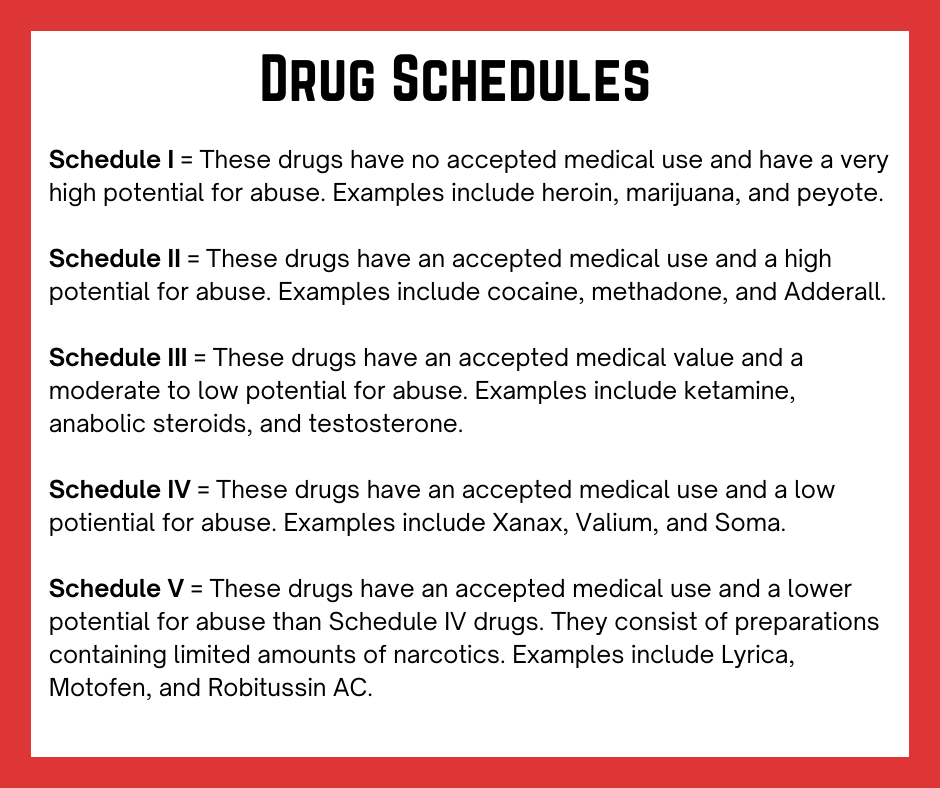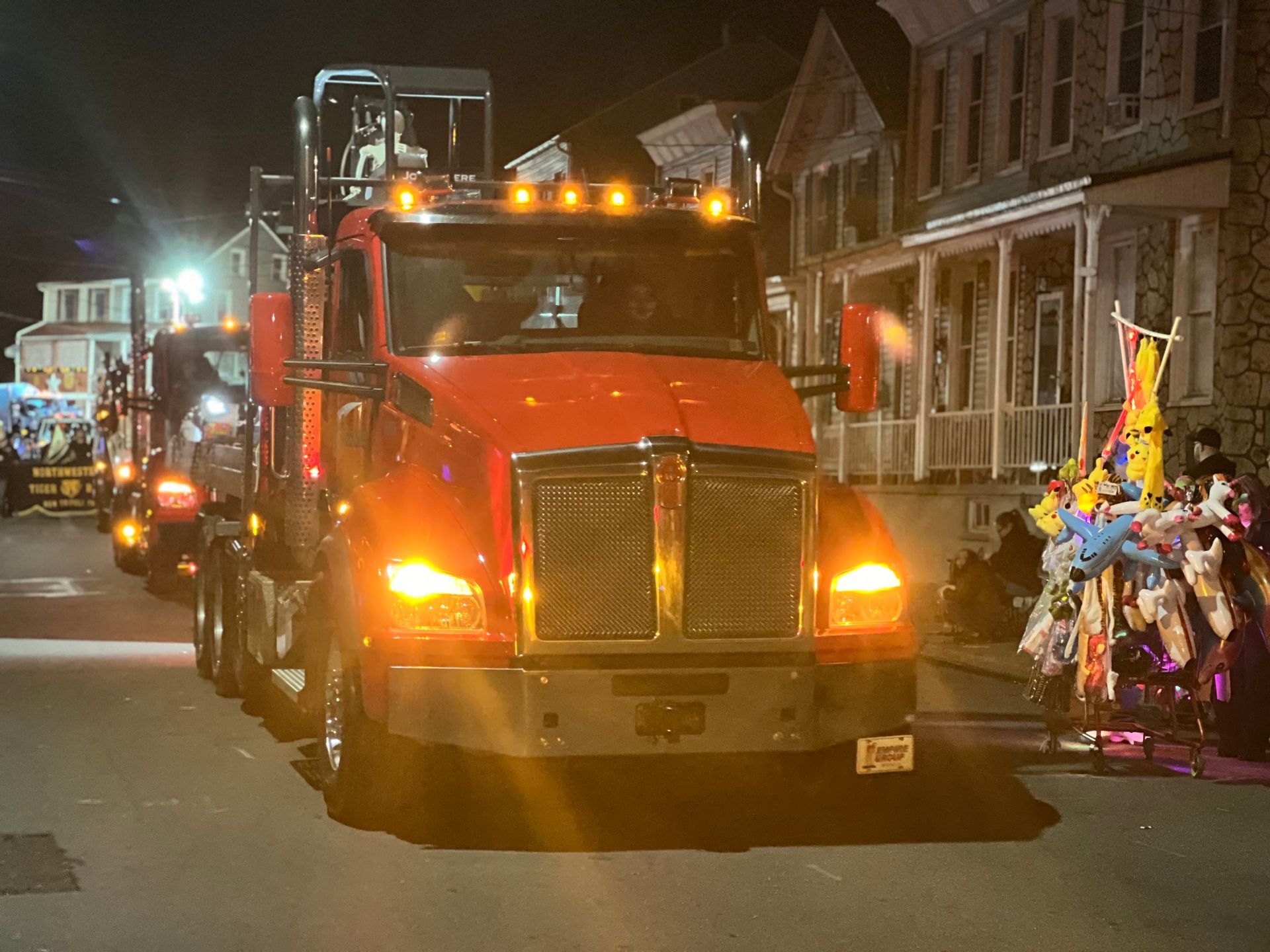In May, the U.S. Drug Enforcement Administration (DEA) proposed a significant shift in marijuana’s (cannabis) legal status by rescheduling it from a Schedule I controlled substance to a Schedule III controlled substance under the Controlled Substances Act. This proposal follows a recommendation by the U.S. Department of Health and Human Services (HHS) last August. This potential change has sparked concerns, particularly among industries with safety-sensitive workers.
Rescheduling Marijuana: Implications for Safety-Sensitive Industries
Understanding the Proposed Rescheduling
Currently, marijuana is a Schedule I substance, which has no accepted medical use and a high potential for abuse. However, the DEA’s proposal aims to reclassify it as a Schedule III drug. Schedule III substances have accepted medical uses and a lower potential for abuse compared to Schedule I and II drugs. It will be legal to prescribe marijuana if this change takes place.
Concerns for Safety-Sensitive Industries
The proposed rescheduling has raised significant concerns among industries that rely on safety-sensitive workers. Safety-sensitive workers include individuals whose job performance directly impacts the safety of others, such as pilots, train operators, and truck drivers.
In particular, the trucking industry is worried about the potential implications of this change. Currently, truck drivers who test positive for marijuana can be disqualified from driving and need to complete the return-to-duty protocol to get back behind the wheel.
As a result of the proposed rescheduling, marijuana could be prescribed legally as a legitimate medical treatment, which could lead to limitations in drug testing protocols, potentially increasing the risk of impaired driving on the roads. The trucking industry fears the relaxation of regulations could compromise safety and endanger drivers and other road users.

What This Means Moving Forward
The DEA's proposal to reschedule marijuana represents a significant policy shift based on changing attitudes toward its medical use. However, it also highlights the need to study its impact on safety-sensitive industries (i.e., trucking). If marijuana becomes a Schedule III drug, it will put employers in a precarious position. They must ensure that drivers who use the drug have a valid prescription and can operate a vehicle safely. Would you be comfortable with this change?
As discussions continue, it will be crucial to balance the medical benefits of marijuana with the need to maintain stringent safety standards, especially in positions where impaired performance can have serious consequences. Stay tuned!


How DVC's Trailers Are Perfect for Transporting Mulch, Stone, Sand and Soil for Landscaping Projects















